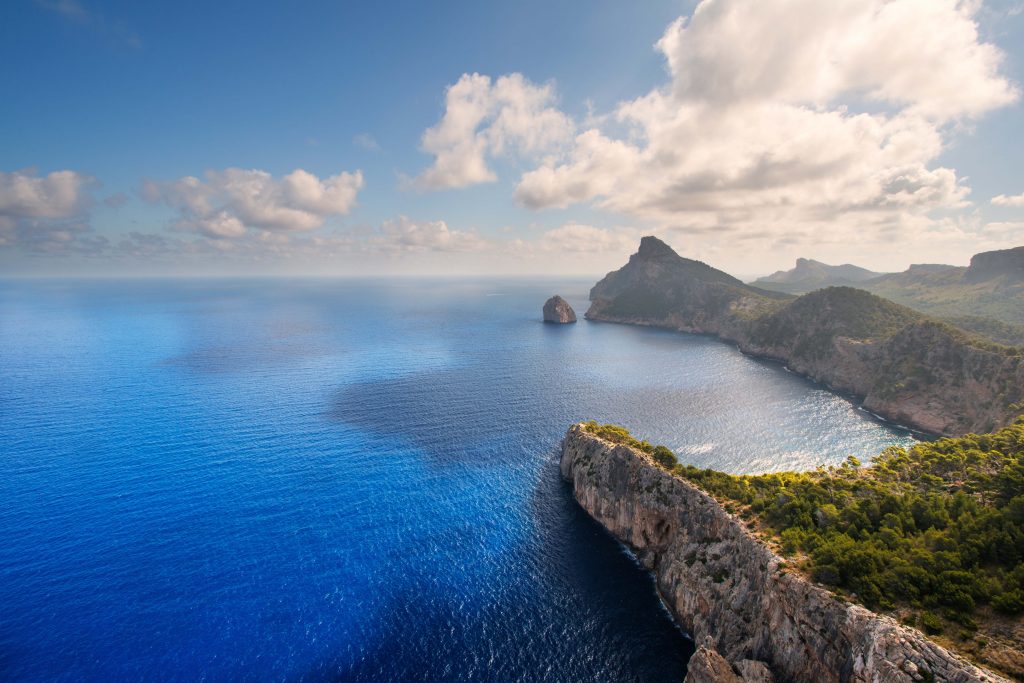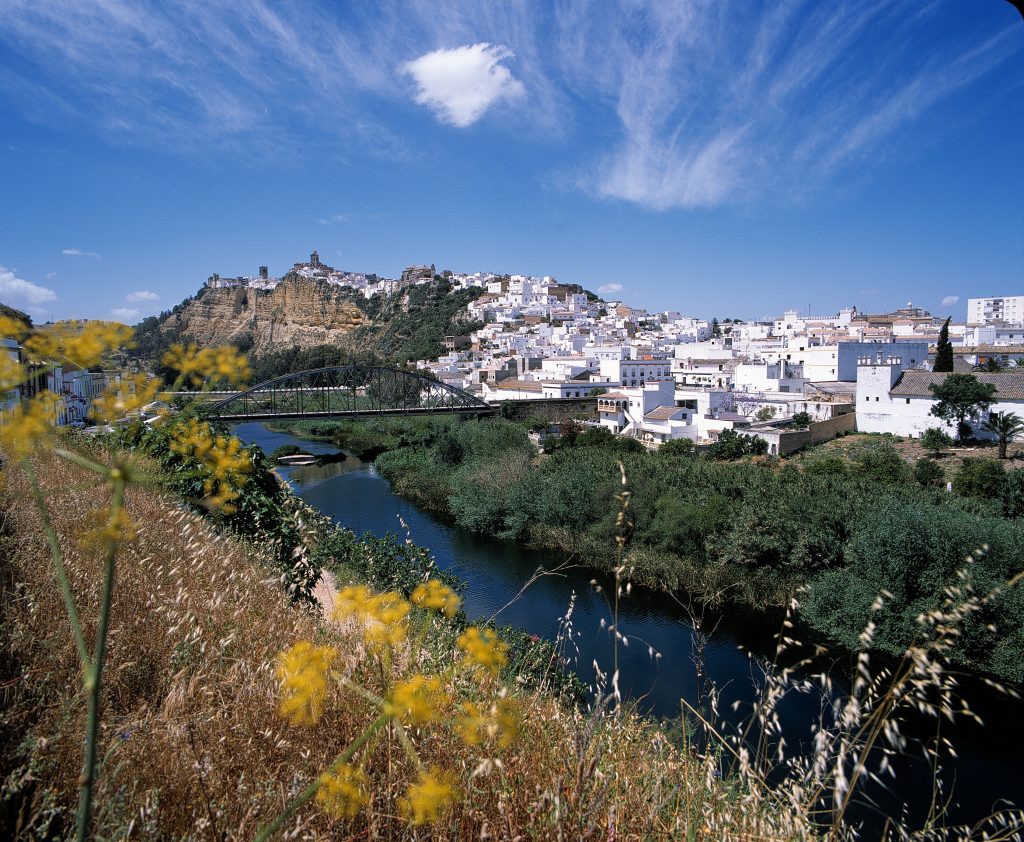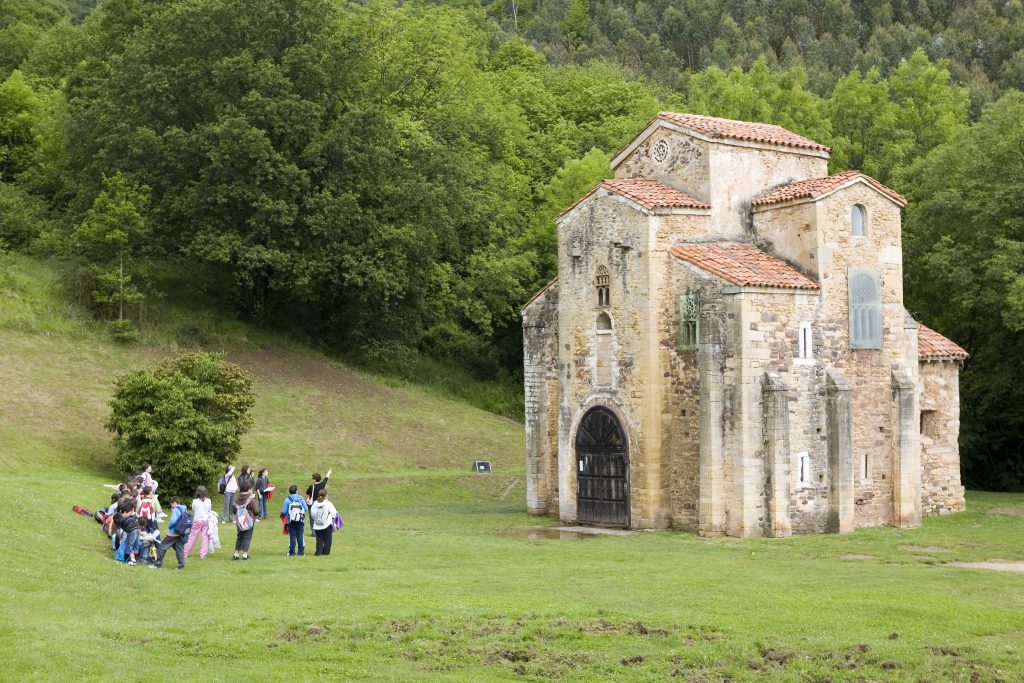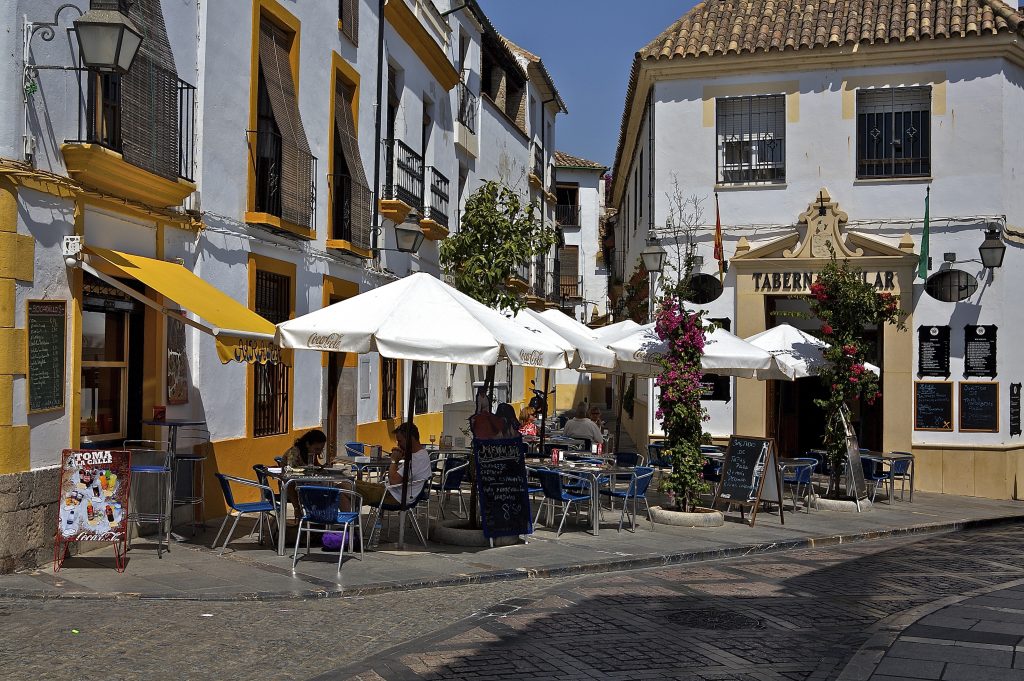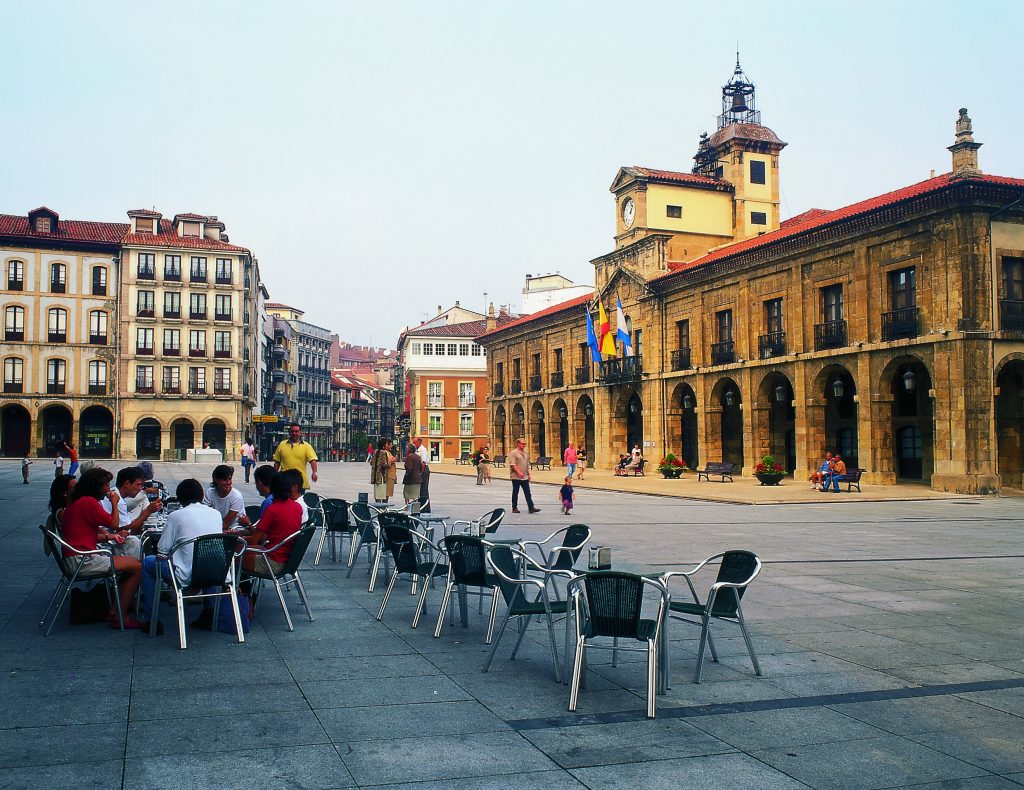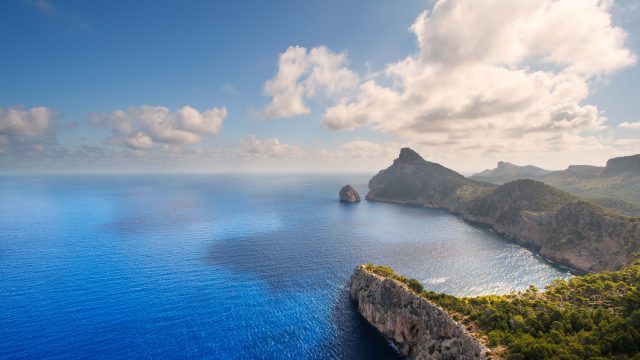
Spain’s Commitment to Tourism Sustainability
By: José Manuel de Juan of The Tourism Office of Spain
Spain is one of the world’s tourism leaders, ranking second among the most visited countries. As part of this leadership role, the Government of Spain has launched an ambitious scheme that seeks to promote the transformation of tourist destinations towards sustainability in three ways: environmental, socioeconomic, and territorial.
UNWTO defines sustainable tourism as “tourism that takes full account of current and future economic, social, and environmental impacts to meet the needs of visitors, the industry, the environment and host communities.” Therefore, sustainable tourism is not a tourism product but rather a management principle that must be applied to any type of tourism product and destination.
With this concept in mind, the Spanish government plans to invest 1.9 billion euros in the next three years to support Spain’s tourist destinations in their transformation process to integrate environmental, socioeconomic and territorial sustainability into their offer and to develop resilience strategies to face the new challenges in the tourism ecosystem, from climate change to tourism overdemand to health and safety crises.
Specifically:
- To diversify the offer of tourist destinations to help generate employment opportunities, redistribute tourism revenue, and promote territorial cohesion while disrupting the concentration of the demand, particularly toward rural areas, as well as to promote arrivals all year round.
- To guarantee sustainability by reducing emissions, improving waste and water management, protecting and restoring ecosystems for tourism, and introducing actions to prevent or mitigate the effects of climate change.
Any municipality in Spain can present their plans to the Government to get their sustainability plans financed.
The type of plan will depend on the type of destination. Destinations will be divided into categories which will require different actions:
Sun and beach destinations
Sun and beach destinations are currently facing a profound change, with consumers who are increasingly more informed, more demanding and who have more alternatives, and citizens who demand a better distribution of the socioeconomic benefits of tourism among local populations.
All this requires a strategy that reinforces the diversity of the tourism experience, the participation of the local population in the benefits of tourism, the reduction of its environmental impact, the contribution to energy efficiency, and the recovery of an environment where a wide range of travel experiences can coexist.
Rural destinations
Inland Spain has an enormous cultural heritage and rich natural resources. This endows it with great potential from a tourism standpoint and a wide margin for development.
A better integration of this territory in Spain’s tourism system will contribute to a seasonal adjustment, a disruption of the current concentration, and the distribution of tourism income. Spain’s plan for rural destinations is aimed at improving the quality of life of their residents, generating new job opportunities, revitalizing aged social spaces, improving industries and business, and contributing to the country’s strategy against depopulation.
Urban destinations
Urban tourism represents approximately a quarter of the international tourism demand towards Spain. The cities are also the main points of entry into the country through their airports.
Cities face considerable challenges: the renovation of their cultural and leisure offer and the integration of new pieces in that offer, as well as the need for maintenance and improvement of their historic centers; a balanced approach that takes into consideration the multiplicity of demographic groups that inhabit a given space or neighborhood and the expectation that each group has for that space (living , working, visiting, etc.); the need to expand and diversify areas of interest; and the need for digital tools that allow a better management of tourism flows and contribute to a more efficient management of the different services made available to them.
Independently of the funds that are available to the destinations, the Spanish Government has just announced a 170-million-euros project aimed at financing hotels and other hospitality facilities to become more energy efficient.
This is just a brief summary of Spain’s comprehensive plan for a more sustainable tourism industry, one that the country takes with great enthusiasm as we lead the way into a new era in world travel.
Find your dream vacation to Spain with a USTOA tour operator here https://ustoa.travelstride.com/trip-list/spain
Spain is a destination filled to the brim with hidden gems in nature, culture, and cuisine. Mediterranean beaches, green National Parks, historic towns filled with contemporary art, and fresh seafood paired with world class wine make it a top pick for American travelers.
Find more travel tips, news, and inspiration by visiting the Tourist Board of Spain.
Plan your visit with a tour operator by visiting https://ustoa.travelstride.com/trip-list/spain
Posted in:
